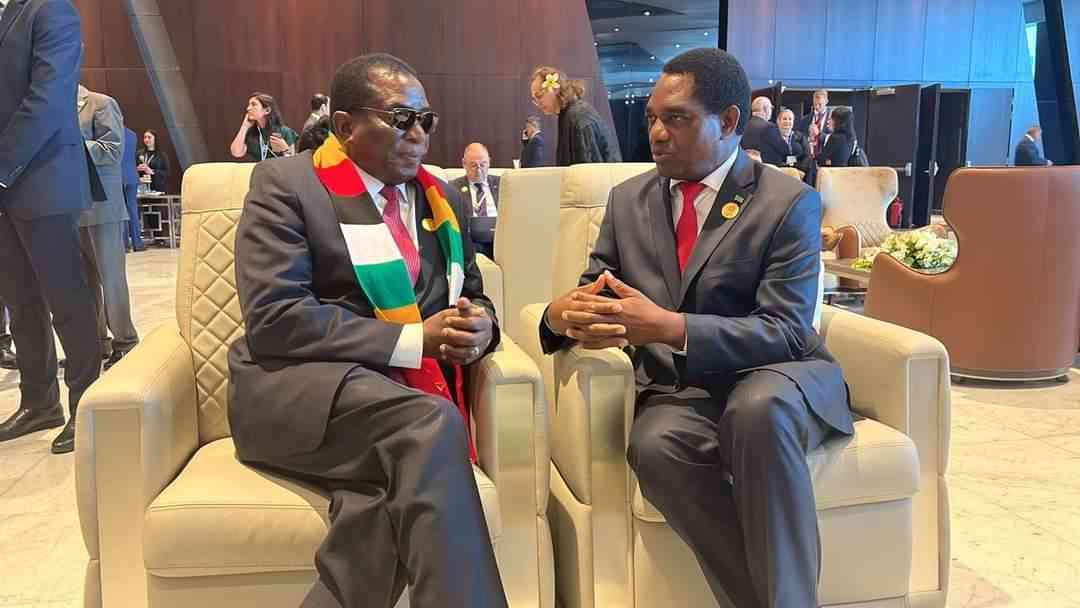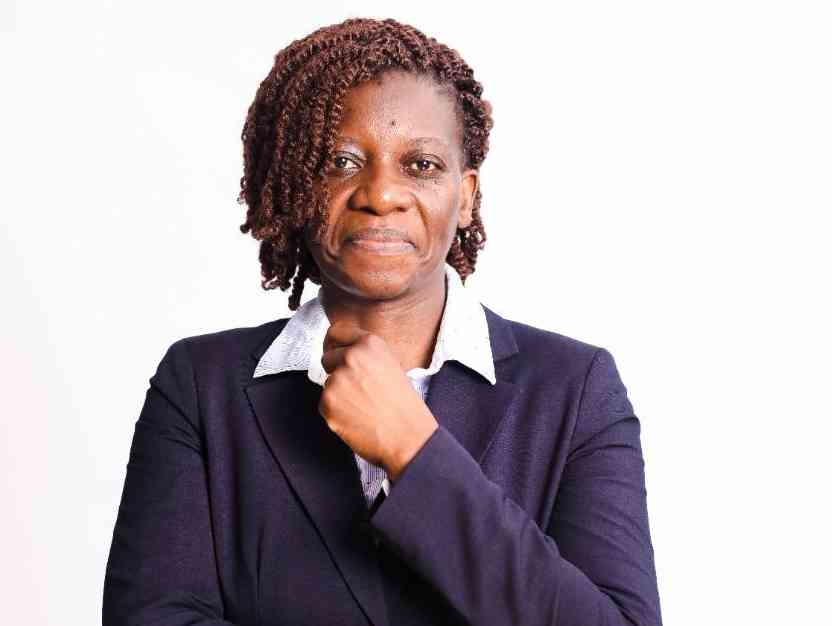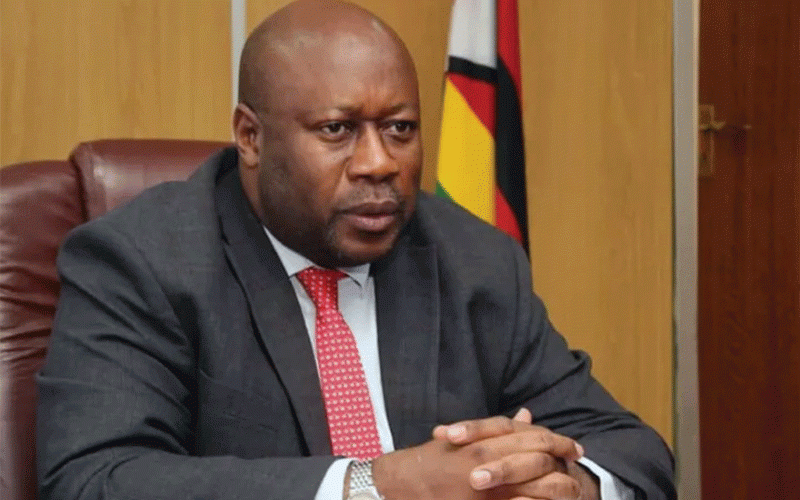
Zambia says it has asked the African Union (AU) and Sadc to intervene amid deteriorating relations with Harare following President Emmerson Mnangagwa’s “unwarranted attacks” on the country’s sovereignty.
The revelations were made last week in Zambia’s Parliament where its Foreign Affairs and International Co-operation minister Mulambo Haimbe expressed concern over Mnangagwa’s remarks made in Russia.
“It is in this context that we have sought the regional bodies’ urgent and immediate intervention in relation to the present and any other matters in seeming contention between Zimbabwe and ourselves,” he said.
Asked what diplomatic steps Zambia has taken to ease the tension, Haimbe said they had reached out to Sadc and the AU.
“We are part of a wider regional and continental family including Sadc and the AU to whom we have already reached out for an intervention,” he said.
Relations between Zimbabwe and Zambia hit rock bottom last year after the August 23, 2023 disputed elections.
At the centre of the new diplomatic row between the two neighbours is Mnangagwa’s undiplomatic remarks at a recent meeting with Russian leader Vladimir Putin in which he criticised Zambia’s relations with Western countries particularly the United States.
He told Putin that Zambia was now a regional security threat as he pleaded with Russia for support.
- Ndiweni slams 2022 census outcome
- NoViolet Bulawayo’s new novel is an instant Zimbabwean classic
- COP27: Zimbabwe’s opportunity to shine
- Albert Nyathi poetry delights Kenya
Keep Reading
He accused Zambia of subtly accepting the West’s alleged machinations to isolate Zimbabwe from her neighbours.
The irony of Mnangagwa’s allegations is that it runs in the face of his administration’s mantra “friend to all and enemy to none”.
Should Zambia cut ties with the West because Zimbabwe has problems with Western capitals?
Countries choose partners according to national interests. This is why countries such as North Korea and Eritrea have friends despite being reviled by the West.
Mnangagwa’s backers say the case will not go anywhere as he is set to assume the chairmanship of Sadc in August.
However, in the court of public opinion, Mnangagwa erred and the fact that Zambia has reported him to Sadc and AU is quite embarrassing for the country.
There is no doubt that the Mnangagwa-led administration is angry at Zambian President Hikainde Hichilema after the Sadc Election Observer Mission (SEOM) produced a damning report highlighting that the harmonised elections held last year did not meet the minimum regional and continental benchmarks for the holding of a free and fair poll.
The administration felt that SEOM chair Nevers Mumba — appointed by Hichilema by virtue of him being the chair of the Sadc Troika — was on a mission to embarrass Zimbabwe.
Sovereignty, the buzzword in Zimbabwe since 2000, should be respected. Zambia’s Haimbe last week reminded Mnangagwa that his country was open to fostering and deepening relations “with like-minded, brotherly and sisterly nations” to enhance economic diplomacy, peace, security and stability in the region and beyond for the mutual benefit of “our collective citizens”.
“However, notwithstanding, Zambia remains a sovereign State whose sovereignty must be respected and will be protected,” Haimbe said.
Mnangagwa should know that he is not a regional prefect who stamps his authority beyond the country’s borders.
The Sadc region has enough on its plate such as the conflict in DRC, the insurgency in Mozambique and the effects of the El Nino-induced drought it has to contend with. Mnangagwa’s sideshow creates unnecessary tension at a time when the region should be combining forces to confront new threats.











